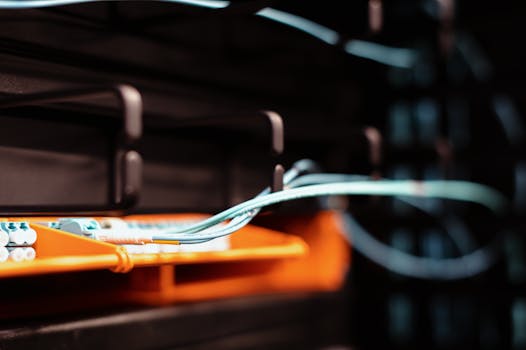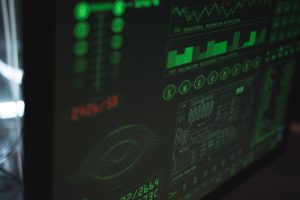
The Role of Fiber Companies in Africa’s Smart City Initiatives
The Role of Fiber Companies in Africa’s Smart City Initiatives is becoming increasingly important as the continent continues to urbanize and develop. Fiber companies are playing a crucial role in providing high-speed connectivity and enabling the development of innovative services and applications that are transforming the way cities are designed, built, and managed.
Africa’s smart city initiatives are focused on creating sustainable, efficient, and livable cities that provide a high quality of life for their citizens. To achieve this, cities need to be connected, and fiber companies are at the forefront of providing the necessary infrastructure. With the proliferation of the Internet of Things (IoT), smart cities require a robust and reliable network infrastructure that can support the vast amounts of data being generated by various devices and sensors.
Fiber companies are investing heavily in the development of fiber optic networks that can provide high-speed connectivity to homes, businesses, and institutions. This is enabling the creation of smart city services such as intelligent transportation systems, smart energy management, and public safety surveillance. For instance, the city of Cape Town in South Africa has implemented a smart traffic management system that uses fiber optic cables to connect traffic lights and sensors, reducing congestion and improving traffic flow.
Benefits of Fiber Companies in Smart City Initiatives
The benefits of fiber companies in smart city initiatives are numerous. Firstly, they provide high-speed connectivity that enables the development of innovative services and applications. This, in turn, can lead to improved economic growth, job creation, and increased competitiveness. Secondly, fiber companies can help reduce the cost of internet access, making it more affordable for citizens and businesses. This can lead to increased digital inclusion, which is critical for the development of smart cities.
Furthermore, fiber companies can help reduce the environmental impact of cities by enabling the development of smart energy management systems. These systems can optimize energy consumption, reduce waste, and promote the use of renewable energy sources. For example, the city of Nairobi in Kenya has implemented a smart energy management system that uses fiber optic cables to connect buildings and monitor energy consumption, reducing energy waste and promoting the use of solar energy.
Challenges Facing Fiber Companies in Africa
Despite the benefits of fiber companies in smart city initiatives, there are several challenges that need to be addressed. One of the major challenges is the high cost of deploying fiber optic networks, particularly in rural areas where the population is sparse and the terrain is difficult. This can make it difficult for fiber companies to recover their investment and provide affordable internet access to citizens.
Another challenge facing fiber companies is the lack of regulatory frameworks that support the development of smart cities. In many African countries, the regulatory environment is not conducive to the development of smart cities, and this can hinder the growth of fiber companies. For instance, the lack of clear guidelines on issues such as data privacy, cybersecurity, and spectrum allocation can create uncertainty and risk for fiber companies.
Conclusion
In conclusion, fiber companies are playing a crucial role in Africa’s smart city initiatives, providing high-speed connectivity and enabling the development of innovative services and applications. While there are challenges that need to be addressed, the benefits of fiber companies in smart city initiatives are numerous, including improved economic growth, job creation, and increased competitiveness. As Africa continues to urbanize and develop, the importance of fiber companies in smart city initiatives will only continue to grow.




